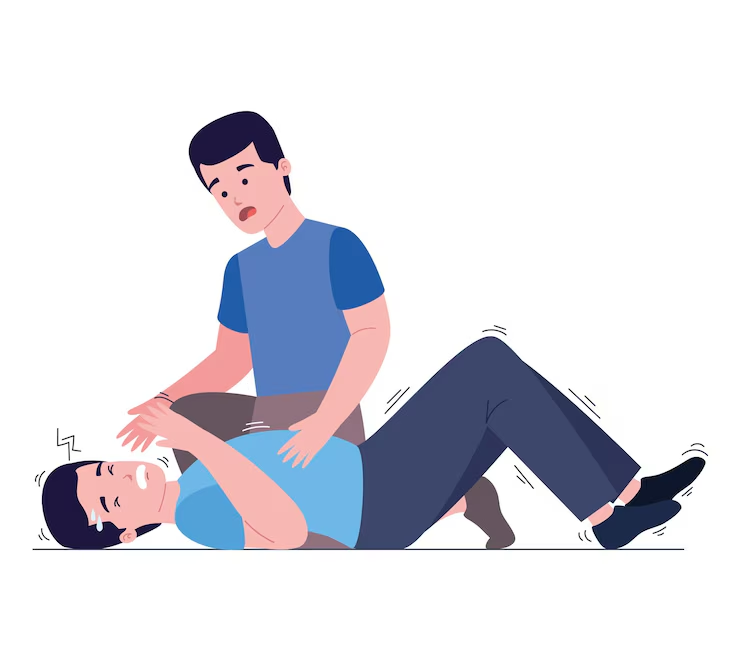Table of contents
Epilepsy is a neurological condition that affects over 50 million people worldwide. Characterized by recurring, unprovoked seizures, epilepsy can significantly impact a person’s quality of life. While traditional treatments work for many, some patients continue to experience seizures despite medication. In recent years, CBD for epilepsy has emerged as a promising alternative, backed by scientific research and powerful real-life testimonials.
In this comprehensive blog post, we’ll explore how CBD works in the body to help manage epilepsy, review current research, share inspiring success stories, and answer the most commonly asked questions.
What Is CBD and How Does It Work?

CBD (cannabidiol) is a non-psychoactive compound derived from the cannabis plant. Unlike THC, CBD doesn’t produce a “high” and is legal in many regions when sourced from hemp.
CBD interacts with the body’s endocannabinoid system (ECS), a complex network of receptors that helps regulate neurological functions, mood, and inflammation. The ECS is believed to play a role in reducing abnormal brain activity associated with seizures.
Scientific Evidence Behind CBD for Epilepsy
One of the most notable breakthroughs in CBD research is the FDA-approved medication Epidiolex, which is derived from purified CBD and used to treat two rare forms of epilepsy: Dravet Syndrome and Lennox-Gastaut Syndrome (LGS). Clinical trials demonstrated that CBD significantly reduced the frequency and severity of seizures in children and adults with treatment-resistant epilepsy.
Beyond Epidiolex, ongoing studies are investigating how full-spectrum and broad-spectrum CBD oils may benefit a wider range of epilepsy patients.
Key Research Highlights:
- 2018 Study (New England Journal of Medicine): Found a 43% reduction in seizures for Dravet syndrome patients treated with CBD.
- 2020 Meta-Analysis: Confirmed CBD’s effectiveness in reducing seizure frequency in patients with drug-resistant epilepsy.
- Ongoing Trials: Exploring the potential of CBD in treating generalized epilepsy and focal seizures.
Real-Life Success Stories

1. Charlotte Figi – The Spark That Lit the Movement
Charlotte, a young girl with Dravet Syndrome, experienced over 300 seizures a week. After using CBD oil (Charlotte’s Web), her seizures dropped dramatically, sometimes to just one per week. Her story inspired a global conversation and policy change around CBD use.
2. Parents and Caregivers
Thousands of families have turned to CBD for epilepsy when traditional medications failed. Many report improved seizure control, better sleep, reduced anxiety, and enhanced overall quality of life for their loved ones.
3. Adults with Epilepsy
Adults who experience side effects from pharmaceutical drugs often find CBD to be a gentler, more natural option. Several users report fewer seizures and better cognitive clarity with daily CBD use.
How to Use CBD for Epilepsy
1. CBD Oil or Tinctures
Administered sublingually (under the tongue) for faster absorption. Dosing must be consistent and should start low and increase gradually under medical supervision.
2. CBD Capsules
A good option for those needing pre-measured doses. Easy to incorporate into a daily routine.
3. CBD Isolate or Full-Spectrum Products
Depending on the individual, some may benefit more from pure CBD isolate, while others respond better to full-spectrum (contains other cannabinoids and terpenes).
4. Epidiolex
Prescription-only CBD drug approved for specific epilepsy types. Always discuss this option with your healthcare provider.
Safety and Side Effects
CBD is generally well tolerated, but possible side effects include:
- Fatigue
- Diarrhea
- Changes in appetite or weight
- Interaction with liver enzymes or other medications
Always consult a doctor before starting CBD, especially when managing a condition as serious as epilepsy.
FAQs about CBD for Epilepsy
No, CBD is not a cure, but it can help manage seizures in some individuals, particularly those who are resistant to conventional treatments.
In cases like Dravet syndrome or LGS, CBD has been proven safe and effective. However, dosage and administration must be carefully monitored by a physician.
Some people notice improvements within a few weeks, while others may need several months of consistent use to see noticeable changes.
You need a prescription for Epidiolex. Over-the-counter CBD products do not require a prescription but should be used cautiously and under guidance.
No. Never discontinue prescribed medications without professional medical advice. CBD may be used alongside conventional treatments.
Final Thoughts
The increasing body of evidence supporting CBD for epilepsy is both promising and empowering. From scientific validation to compelling personal experiences, CBD offers hope for patients who struggle with traditional medications.
If you’re considering CBD as part of your epilepsy treatment plan, start by speaking with your neurologist. A careful and guided approach is key to ensuring safety and success.





